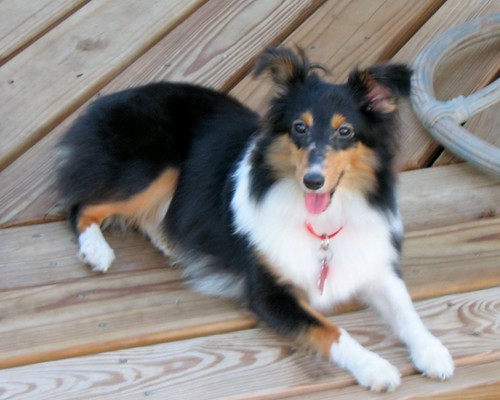Have you noticed your hair beginning to thin? There are many causes for blading, including daily stressors, medications you’re taking, or your genes. Fortunately, there are a number of things that can be done to either slow down or conceal the effects of hair loss. This article will show you what to do when you start to lose your hair.
Vitamin C is very important to the prevention of the loss of hair. The health and vitality of hair depends on collagen, and vitamin C is a powerful agent in its production. Get a vitamin C supplement, or eat more citrus, so that your hair has all the vitamin C it needs.
If you have recently been diagnosed with any type of illness, you have to work hard to take good care of yourself. If you don’t take the steps recommended by your doctor, you may damage your body permanently. If you are putting a lot of resources towards recovering from your illness, less energy might go to non-essentials, like hair follicles. These conditions will lead to you losing your hair.
Some products designed for hair may not actually be good for it. You have to pick the products for your hair in a careful manner, and know which products can harm your hair. Some products can slow or halt hair growth entirely. Use products you know you can research to check out if they are harmful or not.
Try to avoid the excessive use of products that could contribute to thinning hair. Hairspray, gel, or mousse can damage your hair.
Sesame Seeds
You can slow down your the loss of hair by consuming white sesame seeds. Each morning, snack on a handful of these unique sesame seeds. They are full of magnesium and calcium (a huge 1,200 milligrams!). Both magnesium and calcium benefit the scalp with nourishment that can reduce blading.
If you want to slow down your blading, eat a lot of protein. Fish, eggs, nuts, and poultry are great high-protein food sources. This gives your hair keratin, which is vital for growth. Your hair will grow in thicker and stronger, slowing your blading, if you continue to eat a diet rich in keratin.
Make sure that you wait until your hair has dried before attempting to brush it. You can damage your hair if you brush it when it’s wet. Brush when it’s dry, since dry hair is more resilient than wet. Brushing the hair wet can pull it, make it frizzy, or split it.
Avoid brushing hair when still wet. Instead, dry your hair with a soft towel and allow to air dry before you brush. Wet hair follicles can be easily damaged. You can also lose hair more quickly if you brush it when it is wet.
As you can see from the solid advice above, there are many options available to treat the loss of hair and cope with the stress it causes. Learning more about probable causes of blading can help you find ways you can live with it better.
